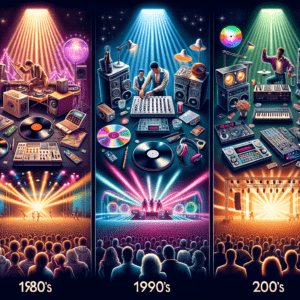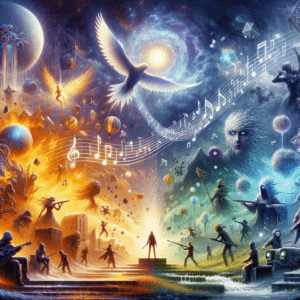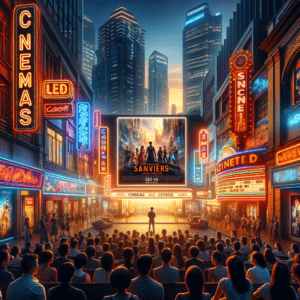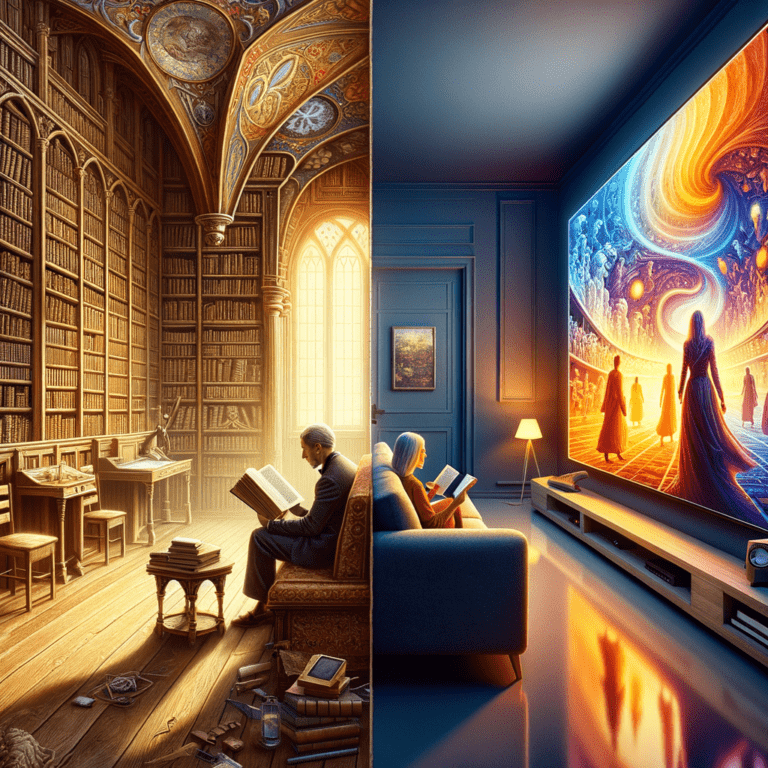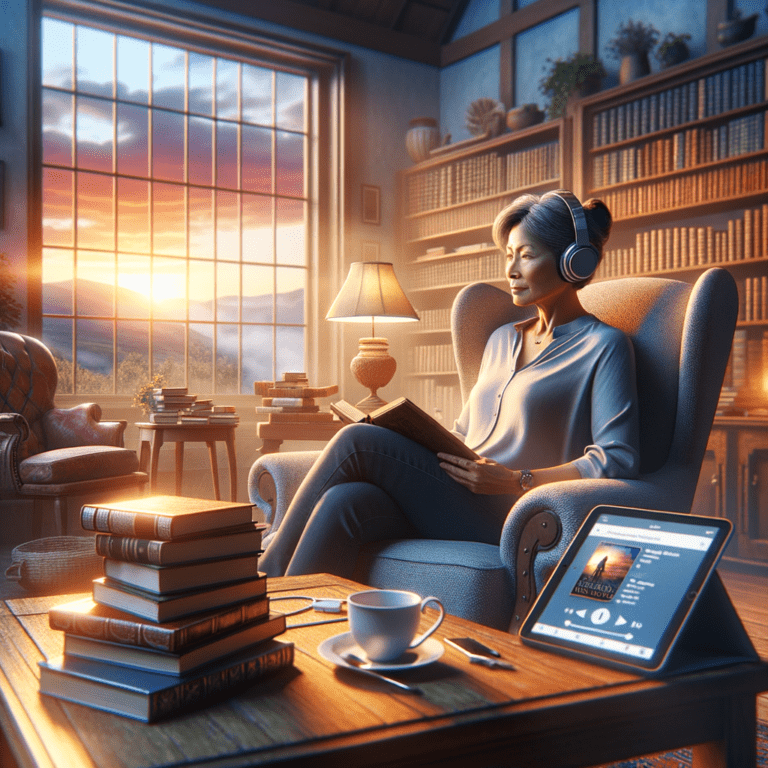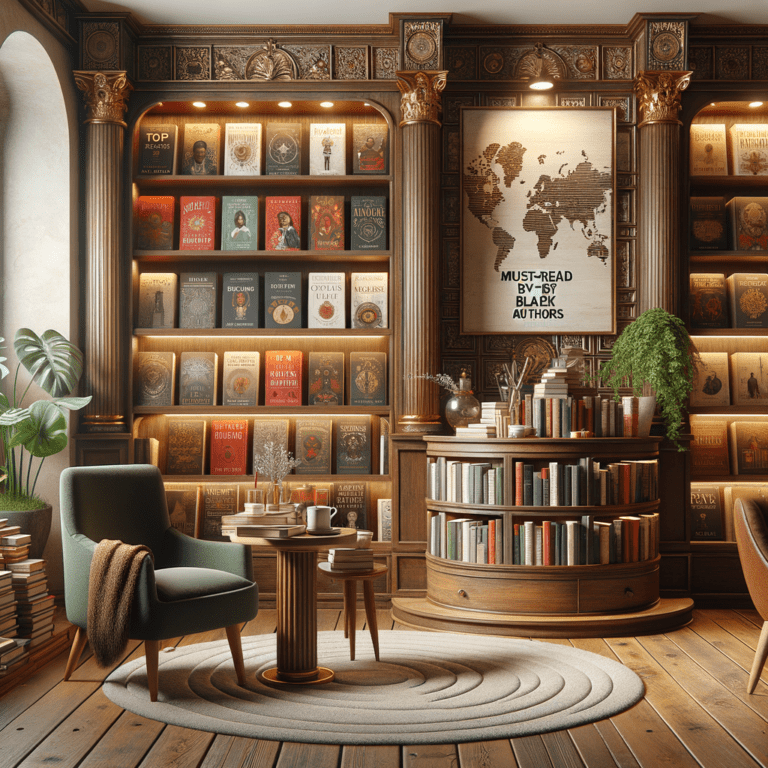For as long as I can remember, classic rock has been the heartbeat of my life. It’s the kind of music that never seems to get old or care about the latest trends. While everything else flips and flops, morphing into some new crazy style every ten years or so, classic rock rattles on, defiantly entrenched. It’s like that old buddy you’ve known since forever, the one who’s always there when life gets a bit too much—rooted in comfort, filled with tales of yesteryears. But why does classic rock still cling to our hearts and homes, even when we’re knee-deep in this digital age?
The Allure of Timelessness
Diving into classic rock feels like discovering a treasure trove of songs that never get tired. There’s a special magic to these tunes—they catapult you into a different time, where the wind tussles your hair, your heart beats rebellion, and suddenly, society’s rules seem a little less binding, if only for a few moments.
Ever tried blasting out a Rolling Stones hit or belting “Bohemian Rhapsody” again? Done it a thousand times, right? And still, somehow, the enchantment endures—it clutches onto your heart tight. For many of us, these melodies are far from just music; they’re heartfelt memories, overflowing with moments that felt as though they’d stretch on forever.
Emotional Magnetism
Confession time: I’ve let a few tears slip with the heartfelt notes of Led Zeppelin’s “Stairway to Heaven” and felt the raw energy crackle with “Start Me Up” by The Rolling Stones. Classic rock has this uncanny knack for stirring up those deep-seated emotions we’ve tucked away. It’s somewhat therapeutic, like snagging a moment with that cool uncle who just gets life.
These songs create the sensation that you’re part of a colossal, unified wave. Tapping along in your car to Queen or swaying to Fleetwood Mac feels like shaking hands with a global crew of fellow fans—spanning geography and generations. These tracks brush upon universal human experiences; whether it’s love, loss, rebellion, or the thrill of wild youth.
The Spirit of Authenticity
In a world where reality often slinks away into shadows, classic rock rings with honesty. There wasn’t any fancy tech or Autotune hiding things back then. The guitars screamed, the drums crashed, and oh, those lyrics. They told it like it was—scraping down to real, raw, human emotions. This was all about authenticity, where musicians felt every note, and their voices were perfectly imperfect.
Maybe it’s the hunger for something truthful, something gritty, that draws people, new and old, to its cozy embrace. In its honesty, there’s a charm that pulls you closer—a nudge reminding us that it’s okay to be a little rough around the edges.
Rebellion with a Cause
Sometimes, I just find myself pondering how classic rock became the anthem of defiance and resilience. It voiced the rebellion of a whole counterculture, where every chord refused to slip silently into the night. Perhaps it stands strong even now because every new generation feels that hunger for a bit of rebellious freedom.
Whenever those old tracks come on, that timeless spirit of rebellion sneaks into the air. Nowadays, when life likes to box us into neat little corners of responsibilities and rules, isn’t it liberating to crank up The Who’s “My Generation” or AC/DC’s “Back in Black”? It’s almost like a hall pass from adulthood.
Influence on Modern Music
It’s like a dance, the past and present of music, always bumping and blending into something new. I mean, if it weren’t for the trailblazing efforts of icons like The Beatles or Jimi Hendrix, where would today’s tunes even start? Classic rock was the gateway, the very foundation for today’s artists.
So, scrolling through modern mixes, it’s heartwarming to spot traces of that classic rock essence. From indie riffs to introspective grunge lyrics and the melodies humming through pop charts, it’s a testament to the endless storytelling of music—a timeless torch, passed down the musical lineage.
A Broad and Inclusive Community
What’s fantastically wonderful about classic rock is its potential to weave a rich, diverse community. Despite its deep-rooted notes of yesteryears, it effortlessly unites us across all spectrums. When someone stumbles onto a love affair with Pink Floyd or when a budding teenager nails “Smoke on the Water” on their guitar, it’s like this unspoken “Welcome to the club!” moment, transcending time and space.
This kind of music forges little sanctuaries of connection. Watching families come together—grandparents, parents, and teens alike—all caught in the rhythm of The Eagles or Van Halen at a concert—that’s where the real magic lies. Few genres celebrate unity quite like this.
Nostalgia’s Sweet Embrace
I can’t completely overlook nostalgia’s sticky role in classic rock’s revival and unbeatable staying power. No music-lovin’ soul can resist a cheeky glimpse into the glimmering past. It’s a mix of sweetness and heartache—reminiscing wild and adventurous youthful moments. It’s that lingering scent of ‘the good old days’ teasing us back.
While the “classic” label might stamp a genre as something old, for many, it’s life once again—it’s a chance to replay old scenes with long-lost friends and rekindle that youthful spark. With every chord, life seems like a dash less mundane and a sprinkle more magical.
That’s my playground of thoughts for you. Yep, I’m utterly enamored with classic rock. Can’t picture a world where it doesn’t thrive. Even as time rolls on, there’ll always be those wanderers who’ll find themselves lost in its electrifying imperfection—nestled within music that dances with the past while serenading the present. Classic rock doesn’t just endure; it invites us in, turning our small, everyday lives into legendary tales, even if just for a brief, shining song.


